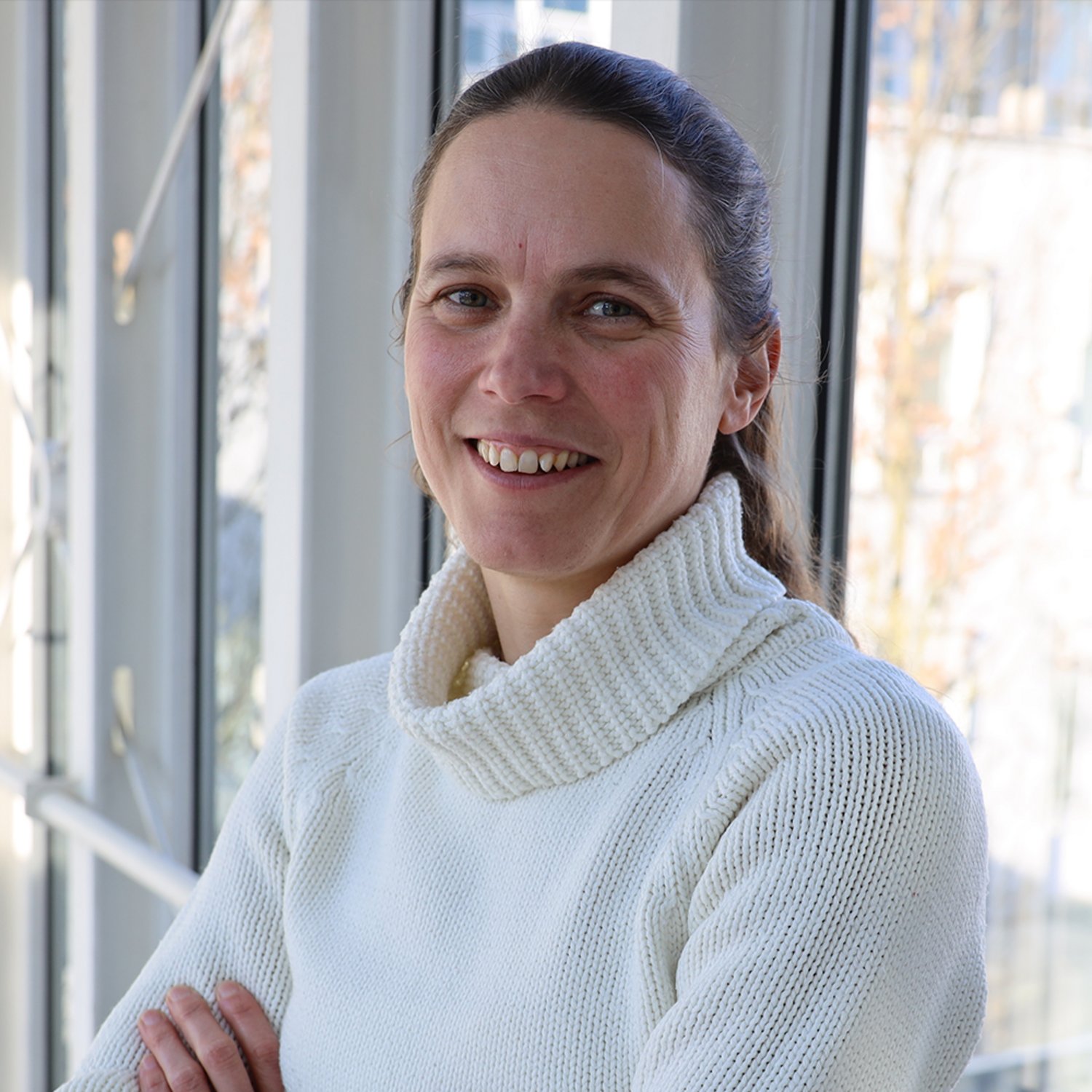

Accredited degree program
Digitalisation, Process Optimisation & Management
Bachelor of Arts
The study programme offers training in the three pillars of Business, Optimization/IT and Process Management. In addition to traditional business management topics, the programme focuses in particular on topics such as Algorithms, Mobile & Web Applications, Data Science & Machine Learning, Operations Research and Processes & Simulation and provides insights into new technologies. The programme's content is aimed at preparing students for the increasingly digitalised economy, in which there is a clear focus on process optimization.
| Start | Winter semester |
|---|---|
| Admission Criteria | Open admission (no numerus clausus) |
| Application period | 15.04.2026 - 15.07.2026 |
| Study format | Full time, with in-depth practical experience |
| Study cost | None (only semester fee) |
| Normal duration | 7 Semester |
| Language | German |
| ECTS | 210 |
| Accredited degree program | |
 | |

Business Process Management and Processes & Simulation
The two specialisation modules Business Process Management and Simulation teach the importance and classification of business processes and the targeted use of tools. Students model existing business processes and depict them in computer-aided simulations.
Business Process Management
Business process management is about differentiating and modelling processes in companies or organisations and defining improvement projects according to overarching specifications. Based on the current changes in the business environment, students learn which tools and procedures business process management offers to deal with change within the company organisation. Students learn a means of mastering the complexity of modern companies and how to apply or adapt it to different cases. This enables them to make their own contribution to the success of the company.
Contents
- - Theoretical foundations of the entire value chain of a company and its framework conditions
- - Process and organisational structure
- - Optimisation of relationships with suppliers and customers
- - Methods and procedures for defining, recording and analysing processes, process design and implementation, controlling and evaluation in the business process management phase model
- - Case studies for the creation of process maps and blueprints
Contents
- - Modelling & simulation of business processes, e.g., inventory management, production, queues, project management
- - Areas of application and objectives of process simulation
- - Modelling realistic business processes
- - Dealing with uncertainty
- - Setting up a simulation tool on the computer
- - Optimisation of business processes through analysis and interpretation of simulation results
Processes & Simulation
In the Processes & Simulation module, students model existing business processes in such a way that they can be mapped using a computer-aided simulation (usually SimQuick). They learn about the areas of application and objectives of simulation runs and are able to critically question and interpret simulation results in order to derive recommendations for action for process optimisation. Areas of application, advantages, weaknesses and limitations of simulations and simulation tools are taught. Participants learn to present recommendations for action and solutions to problems in a relevant and understandable way and to justify these in discourse with theoretically and methodologically sound arguments.

